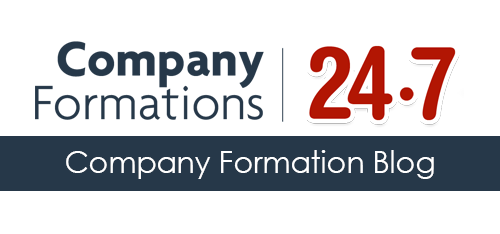There’s a new breed of company: those that can be set up, and be based from, a coffee shop. The rise of these companies have given way to an uprising in hubs that range from the dedicated business incubator, to other working environments where any business may be found, and where a co-operative atmosphere leads to innovation. Here we take a look at these companies, going on to explain how any business can take the ‘Coffee Shop Test’ when it comes to market research that is as cheap, as it is insightful.
The coffee shop test: A brief overview
The commercial world is evolving to include more and more businesses that can be managed remotely and grown from anywhere in the world. They may be based within coffee shops, within business centres, from home or within one of the growing number of business incubators and escalators.
The coffee shop approach to market research
Market research is an essential element of crafting any product or service, yet it can be an inherently costly exercise. As an answer to this there is ‘the Coffee shop test’ approach, where invaluable insight can be gained, and where business decisions and direction can be as informed as even the most costly of marketing research exercises.
Here’s a rundown to the key points to tackle when undertaking this form of market research:
1. Understand what it is that you’re seeking advice on
From general feedback on the effectiveness of your product, to asking key questions as to how you should communicate your company’s USP, you need to truly understand exactly what it is you’re seeking insight on.
2. Utilise everyone who is around you
From other entrepreneurs within your circles, to your friends, family and even coffee shop workers – rope in every one you can to test, trial and feedback on their opinions of your products and services.
This can be as formal or as informal as you like, with some great tools to help listed in the next section.
3. Consider joining a physical or digital business incubator scheme
Business incubators are the ultimate coffee shop environment in which to work. They offer healthy, vibrant collaborative atmospheres where you can consult fellow professionals on just about everything.
There are also plenty of business incubators that go beyond merely providing office space, including those that offer advice on marketing, finances, operations, product development and everything in between; they may additionally provide services that span from social media marketing to administrative help.
Coffee shop test market research tools
To make the most of any coffee shop test marketing research you need the right tools at hand, here’s a brief overview of just what’s out there and how you can harness them.
Google Insights Dashboard
This service from the global powerhouse that is Google makes for one seriously comprehensive market research tool. Here you can research everything from how digital tools can impact upon store shopping, information upon the now multi-screen world of mobile and vital guidance that helps you understand consumers’ local search behaviour.
Survey Monkey
Survey Monkey is the number one tool if you plan to make things easy for your family and friends in providing their insights. It allows for a single (free) online survey, where you can simply send the link through to whomever you wish. You should, however, follow these tips to make the most of your survey responses:
- Choose a careful mix of open and closed questions; open questions ask for opinions and include a text box to write answers into, whereas closed questions present multiple choices for answers. This balance is a fine one as too many open questions can put people off completing the survey, and lead to far too much data to successfully analyse. Conversely closed questions are quick to answer and analyse, but don’t allow for the opinions that may lead you to your next big business brainwave.
- Explore opinions around the problem that your product or service solves, not just the actual offering itself. This can help you better craft how you communicate and why your offering is needed by your target market.
- For respondents who don’t know you, there must be a reason why they should help you. This must be something of tangible value to them. Whether this be providing a helping hand in improving products, service or customer satisfaction, or actually offering a discount for using your services or buying your product in the future.
Usability tools
If you plan on gaining feedback on your website then Usability tools may be your best option for capturing the data that may help you in the design decisions that convert more customers. It has surveys, web testing and click testing, amongst many other features. They also offer a 14-day free trial, so you can try before you buy.
Instantly (formerly uSamp)
Instantly (formerly known as uSamp) can help you go beyond the feedback that you’ve received from your coffee shop respondents by tapping into a global database of 6.5 million members.
Persona App
The Persona App is the perfect tool for putting together all of your market research. Here you can really drill down into what you’ve learnt by creating various ‘typical’ customers.
Your website and ‘the Coffee Shop Test’
Les Proctor provides for invaluable insight into polishing an online presence using the Coffee shop test; his advice recommends taking your laptop, preloaded with your website page, to your local coffee shop. From here you should approach a few people, telling them that you’re running a little test. Show them your web page for five seconds, and then close your laptop. If, after this, they’re unable to tell you what your website is about, then you know that you need to work on it, and if they can then you have passed the test – congratulations!
You can read his full LinkedIn Pulse blog article right here, and for non-technical guidance on building an effective website you can sign up for a free eBook from Zenman.



